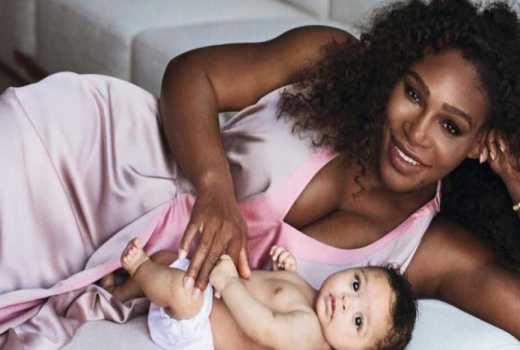×
The Standard e-Paper
Kenya’s Boldest Voice

I almost died after giving birth to my daughter, Olympia. Yet I consider myself fortunate.
While I had a pretty easy pregnancy, my daughter was born by emergency C-section after her heart rate dropped dramatically during contractions.